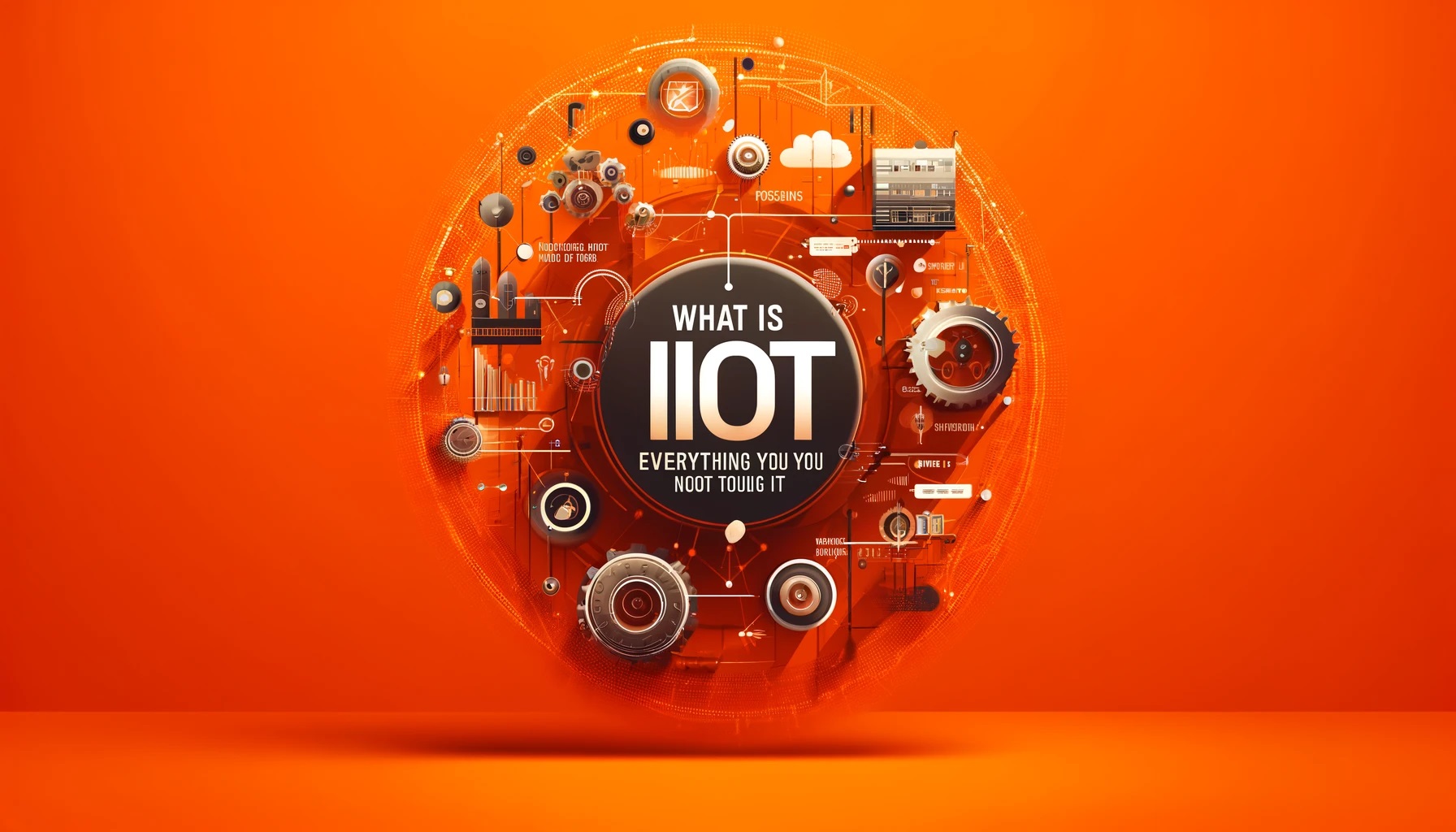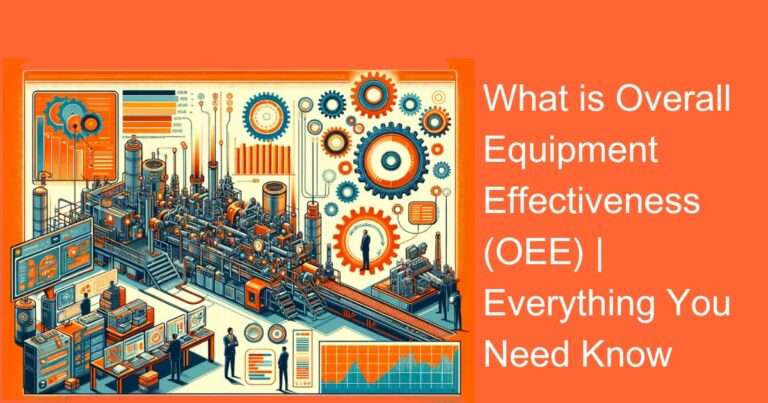Introduction
In the rapidly evolving digital era, the concept of the Internet of Things (IoT) has expanded beyond smart homes and wearable technologies to a more robust and complex infrastructure known as the Industrial Internet of Things (IIoT). The IIoT is revolutionizing industries by integrating smart technology into manufacturing and industrial processes, leading to unprecedented efficiency, productivity, and economic benefits. In the context of India, a country at the cusp of a technological renaissance, understanding and leveraging IIoT is not just beneficial; it’s imperative for industrial growth.
Defining What is IIoT
The Industrial Internet of Things refers to the interconnected system where machines and devices equipped with sensors, software, and other technologies exchange data and communicate with each other in industrial settings. Unlike the consumer-focused IoT, IIoT focuses on the specific needs of industries such as manufacturing, logistics, oil and gas, agriculture, and more, to enhance operational efficiency and reduce human intervention.
IIOT The Indian Context
India, with its vast industrial landscape, is an ideal ground for deploying IIoT solutions. The country’s manufacturing sector, which contributes around 15% to the GDP, is under constant pressure to improve productivity and maintain competitiveness in the global market. As per the National Policy on Electronics, the Indian government has ambitious plans to make the country a global hub for Electronics System Design and Manufacturing (ESDM), which significantly highlights the role of IIoT.
Benefits of IIoT in India
Improved Efficiency and Productivity
IIoT enables real-time monitoring and maintenance of equipment, which significantly reduces downtime and increases the overall efficiency of the production processes. For instance, predictive maintenance powered by IIoT can forecast equipment failures before they occur, thereby saving costs and time associated with unplanned downtime.
Enhanced Quality Control
Quality control is paramount in manufacturing. IIoT technologies use advanced analytics and real-time data to ensure product quality meets the set standards, reducing waste and rework. This is particularly crucial in sectors like pharmaceuticals and automotive, where India is striving to gain a substantial market share globally.
Energy Management
Energy consumption is a major concern for Indian industries. IIoT helps in optimizing energy use and reducing costs by monitoring energy usage patterns and automating energy conservation measures. Smart grids enabled by IIoT can significantly alter how energy is consumed and distributed across industrial zones.
Challenges and Solutions
Despite its benefits, the adoption of IIoT in India faces several challenges. These include concerns about data security, the high cost of initial setup, lack of skilled workforce, and infrastructure issues. To address these challenges, it’s essential for businesses to invest in robust cybersecurity measures, seek government subsidies and incentives for technology adoption, and enhance skill development programs to prepare a workforce capable of handling advanced technologies.
IIoT Case Studies in India
Tata Steel
Tata Steel, one of the leading steel manufacturers in the world, has implemented IIoT to enhance its manufacturing processes. By using sensors and real-time data analytics, the company has significantly improved its operational efficiency and reduced energy consumption, setting a benchmark for other industries in India.
Mahindra & Mahindra
In the automotive sector, Mahindra & Mahindra have utilized IIoT to streamline their supply chain and production line. The use of IIoT technologies has enabled them to reduce waste, improve vehicle quality, and increase production flexibility.
The Future of IIoT in India
The future of IIoT in India looks promising. According to a report by NASSCOM, the Indian IoT market is poised to reach USD 15 billion by 2020, representing nearly 5% of the global market. The government’s support through initiatives like Digital India and Make in India is also a significant factor driving the adoption of IIoT solutions across industries.
Conclusion
As India continues to make strides in its industrial capabilities, the adoption of the Industrial Internet of Things will play a crucial role in transforming traditional industries into smart factories of the future. By embracing IIoT, India can not only enhance its industrial productivity but also position itself as a global leader in the industrial digital revolution. The journey is complex and fraught with challenges, but the rewards promise to redefine India’s industrial landscape. With its ability to drive productivity, ensure product quality, and manage resources efficiently, IIoT stands out as a cornerstone of industrial advancement in India. As industries adopt this transformative technology, the narrative of Indian manufacturing is set to change, marking a new era of industrialization that is smart, connected, and sustainable.








